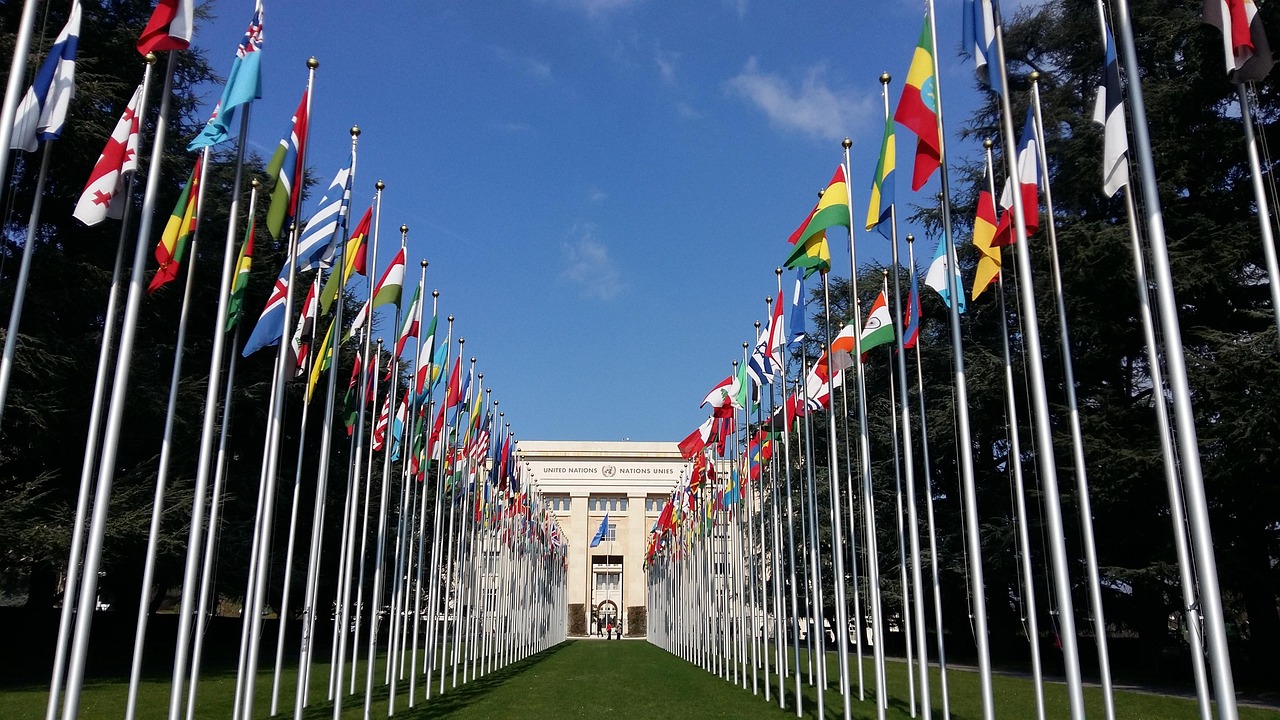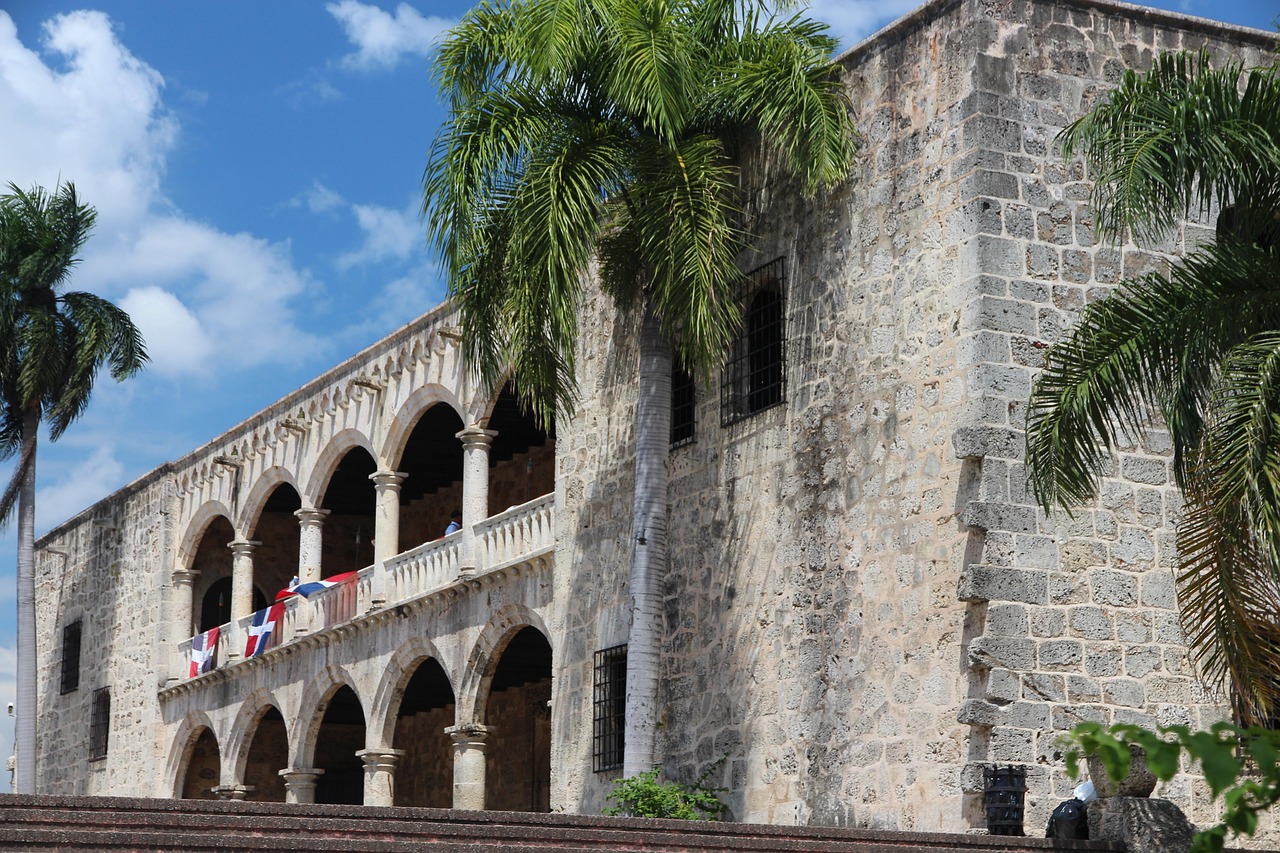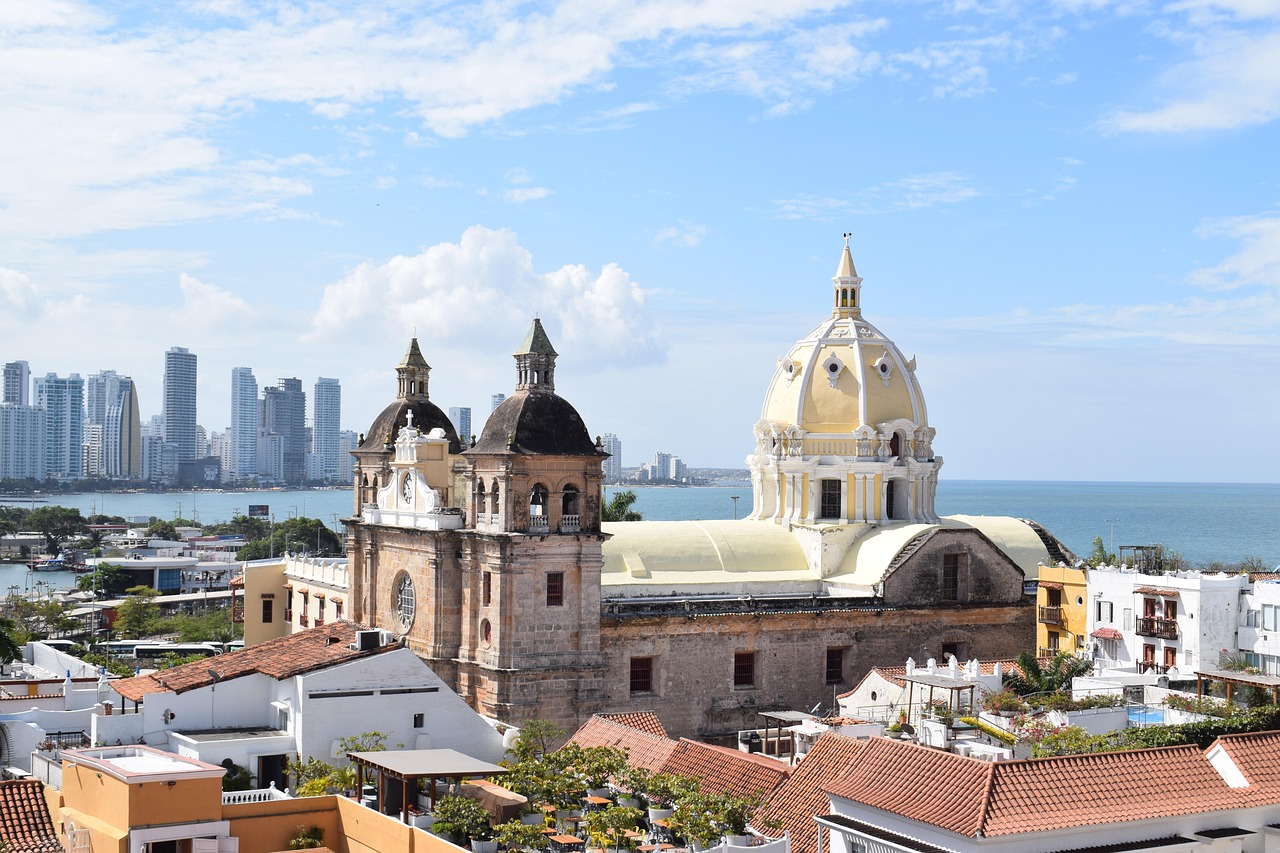
Bangladesh is introducing a fully digital system for issuing, verifying, and apostilling educational and professional certificates. This was reported by Bangla News24, citing the country’s government.
Apostille in Bangladesh
As Schmidt & Schmidt previously reported, on July 29, 2024, the authorities of the People’s Republic of Bangladesh officially deposited with the Hague Conference on Private International Law (HCCH) the instruments of accession to the Convention of 5 October 1961 Abolishing the Requirement of Legalisation for Foreign Public Documents, also known as the Apostille Convention.
The official deposit ceremony took place at the Ministry of Foreign Affairs of the Netherlands, which serves as the Depositary of the Convention. The event was attended by Bangladesh’s Minister of Foreign Affairs, Dr. Hasan Mahmud, Bangladesh’s Ambassador to the Netherlands, Riaz Hamidullah, and other representatives of the country’s foreign ministry. The documents were received by Jules van Eindhoven, Head of the Treaties Division of the Dutch Ministry of Foreign Affairs.
Answering questions from journalists, Bangladesh’s Foreign Minister Dr. Hasan Mahmud emphasized that the country’s accession to the Convention would lead to significant cost savings.
«After the implementation (of this plan), all documents that require authentication for Bangladeshis traveling abroad - including students, workers, and those visiting family members - will need to be certified only in our country, » - the Foreign Minister underlined.
On March 30, 2025, the Apostille Convention entered into force for Bangladesh. The country’s Ministry of Foreign Affairs has been designated as the competent authority for issuing apostilles, with the Director General for Consular and Social Affairs of the Ministry serving as the authorized officer.
According to media reports, accession to the Convention and the introduction of electronic legalization practices are expected to save the Bangladeshi economy 7 billion taka (approximately 58 million USD).
However, Belgium, Finland, Austria, the Czech Republic, and Germany opposed Bangladesh’s accession to the Convention. As a result, these five countries do not recognize apostilles on Bangladeshi documents. Individuals presenting such documents must undergo consular legalization — a longer, more complex, and more expensive procedure. In response, Bangladeshi authorities do not accept apostilles issued by the countries that opposed the People’s Republic’s accession to the Convention.
Digitalization of certification and apostille in Bangladesh
Bangladesh is now implementing a fully digital system for issuing and verifying educational and professional certificates. This will significantly reduce the financial and time costs for individuals planning to pursue further studies or seek employment abroad.
«Under the new system, individuals can have their certificates verified and obtain internationally recognized certificates with an apostille online through the Ministry of Foreign Affairs», — journalists report.
According to them, the reform will help Bangladeshi citizens reduce the number of visits to government offices and foreign diplomatic missions.
Officials in Bangladesh emphasize that the new system will effectively combat fraud while ensuring the operation of a secure digital environment. Bureaucratic procedures will also be simplified as much as possible.
Bangladesh has already launched an “Electronic Apostille” platform on the Ministry of Foreign Affairs portal, designed to reduce administrative burdens and enhance security in the country. It allows applicants to complete all stages of apostille — from application submission to authentication — in digital form. End-to-end encryption ensures data security and prevents unauthorized access by malicious actors.
The platform retrieves information directly from government sources, eliminating any intermediaries who might distort the data. The standard timeframe for obtaining an apostille through the system is five business days.
Citizens and organizations can access electronic apostille services through the MyGov platform. The system ensures secure document submission, multi-level verification, and issues an electronic apostille certificate with a unique QR code for easy authentication.
To use the service, registration is required. Special tools allow users to check the status of their application and verify the authenticity of the apostille.
An electronic apostille document contains a unique verification number or QR code indicated on the certificate. By scanning the QR code, it is possible to confirm whether it has been certified by the Ministry of Foreign Affairs of Bangladesh. The code also allows users to see which documents were certified under that specific QR code.
To verify the signature of the authorized officer, one must contact the Ministry via the electronic signature, providing detailed explanations for the request.
Authorities have pledged to “make Bangladesh a leader in digital authentication, ensuring seamless international recognition of official documents, eliminating manual verification, and integrating the system with global best practices to simplify the process of authenticity confirmation.”
<What is an apostille?
What is an apostille? Why do I need an apostille? How do I get an apostille? - Our video will explain everything you need to know about the apostille. If you have a document that needs to be certified with an apostille for use abroad, Schmidt and Schmidt will assist you! We provide apostille services in more than 100 countries worldwide.





